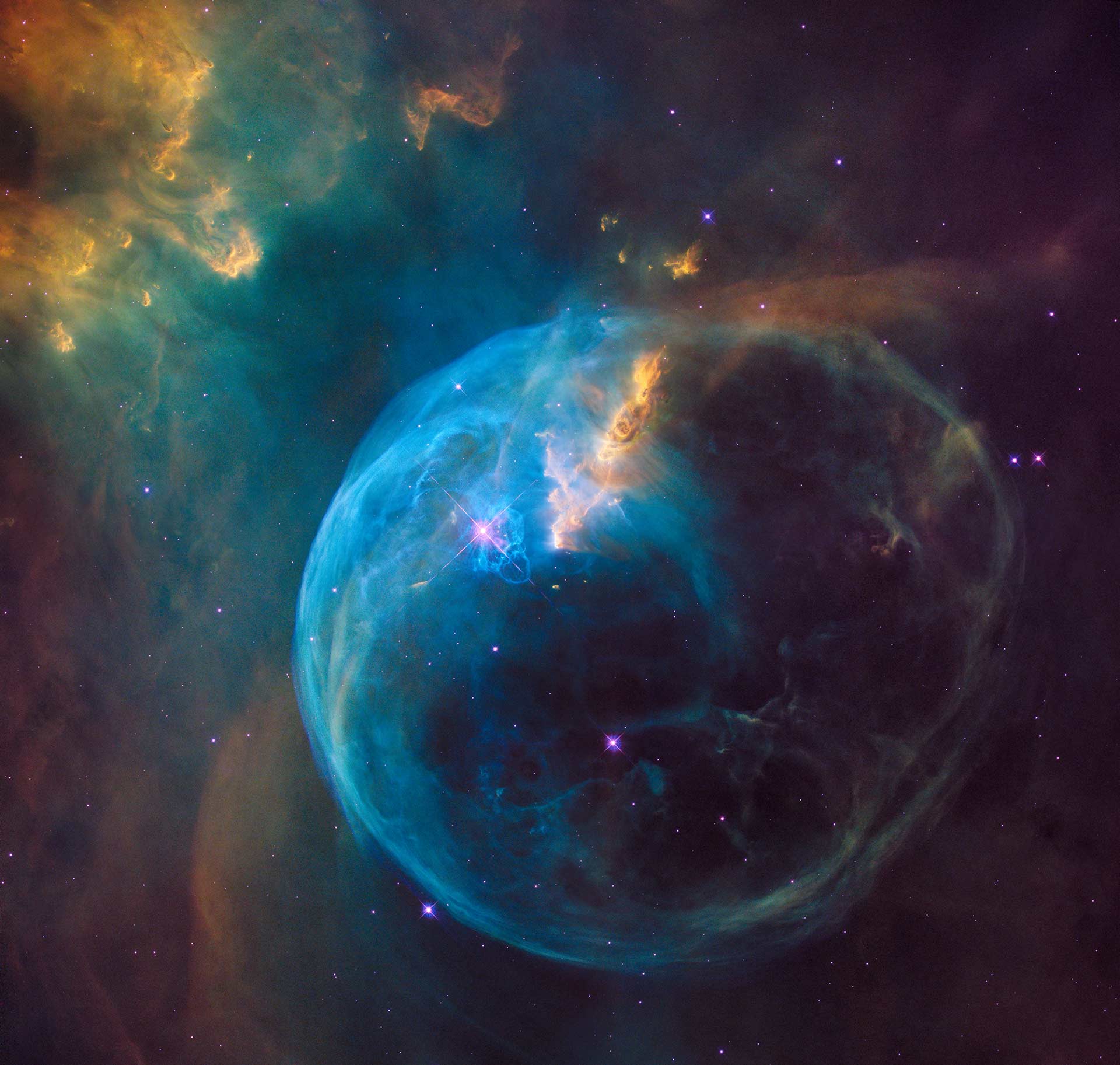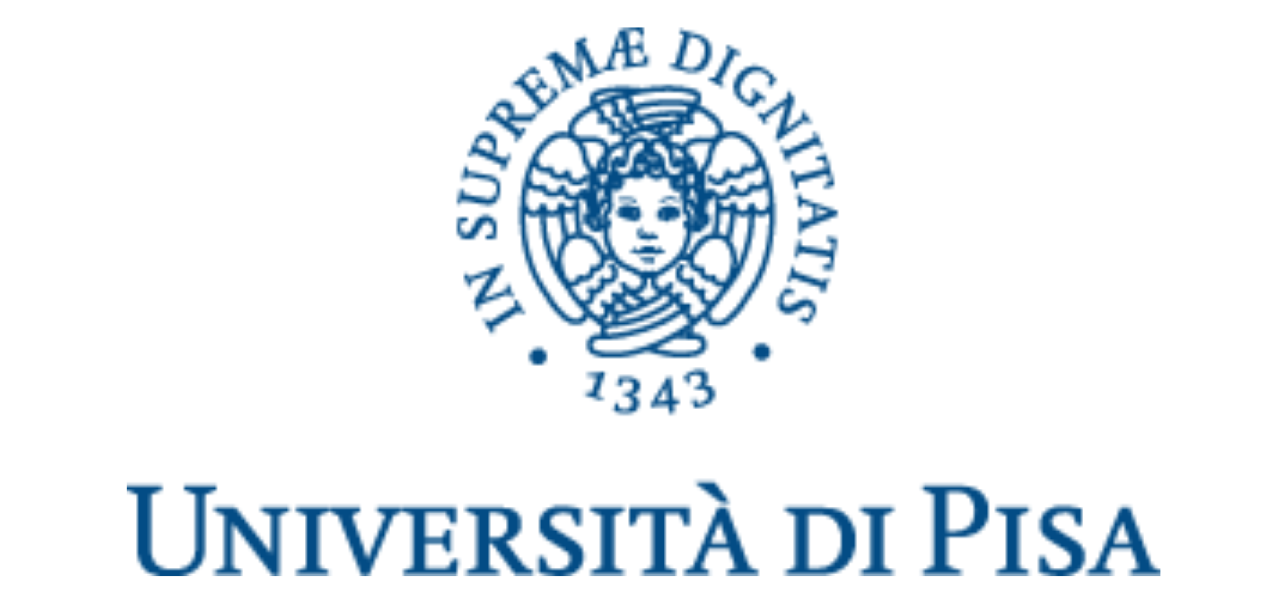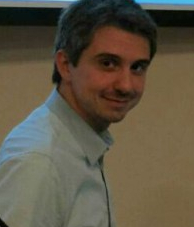University of Pisa (UniPI)
Institution
University of Pisa is one of the most prestigious universities in Italy: 20 Dep. With 1,500 research staff and 47,000 students. The Dep. of Physics has 80 academics research staff, 30 involved in fundamental physics research at international laboratories, including a consolidate tradition on gravitational-wave physics.
Research expertise
The UNIPI Unit has a solid tradition in the experimental physics, including detectors for high-energy
particles and radiation. The group in Pisa, which is working in close synergy with the local section of the National Institute for Nuclear Physics (INFN), had a key role in the design and construction of the Virgo interferometer, the largest gravitational wave detector in Europe. The UNIPI Unit has a solid tradition in the experimental physics, including detectors for high-energy
particles and radiation. The group in Pisa, which is working in close synergy with the local section of the National Institute for Nuclear Physics (INFN), had a key role in the design and construction of the Virgo interferometer, the largest gravitational wave detector in Europe.
Role in REINFORCE
UNIPI will lead WP3 (LARGE SCALE CITIZEN SCIENCE DEMONSTRATOR: Gravitational Wave Noise Hunting) with the aim to demonstrate that the involvement of citizens could support the optimization of such an accurate gravitational wave detector. The output of the WP3 will be a project for involving citizen scientist in the process of searching and characterizing noise sources in gravitational wave detectors, a crucial step toward the detection of new astrophysical sources.





